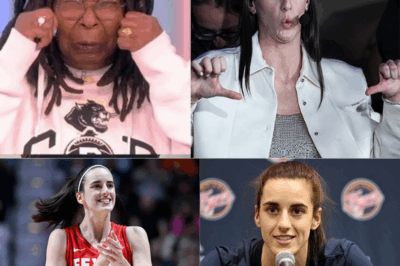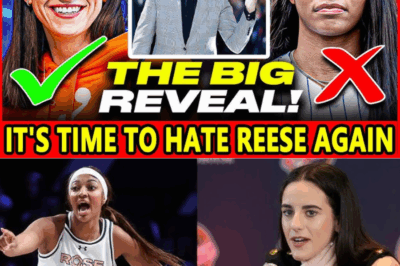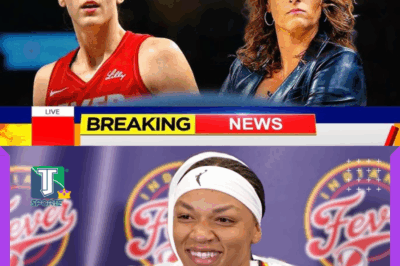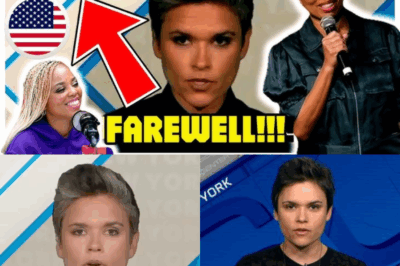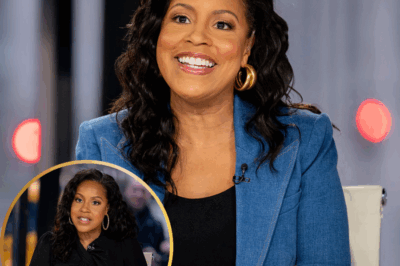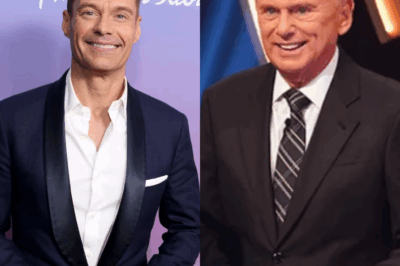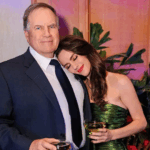WNBA Pay Disparity Sparks Potential Player Strike: Angel Reese and Others Demand Higher Salaries
In a move that could reshape the landscape of women’s professional basketball, several WNBA players are considering a strike over pay disparities, with star forward Angel Reese making headlines for her strong stance on the issue.
The pay gap between the WNBA and NBA has long been a subject of debate, but recent developments indicate a growing movement among players to demand better compensation and improved working conditions.
Reese, a rising star in the league, has been vocal about her dissatisfaction with her current salary, igniting discussions about fair pay in women’s sports.
The Growing Outcry for Better Pay in the WNBA

The issue of pay disparity in the WNBA is not new, but it has gained traction in recent months as players openly express their frustrations.
On her podcast, Unapologetically Angel, Reese shared her thoughts on the financial struggles that many players face, despite their significant contributions to the sport.
The former LSU standout, who has been a social media sensation since her college days, highlighted how her WNBA salary of approximately $73,439 is barely enough to cover her living expenses.
“Does that even pay my car note?” she remarked, emphasizing the stark contrast between WNBA salaries and those in the NBA.
Currently, the minimum salary in the WNBA stands at $64,154, while the NBA’s minimum salary is over $1.1 million.
This discrepancy has led to mounting frustration among female athletes who feel undervalued despite the league’s growing popularity.
With increased viewership, sponsorships, and fan engagement, WNBA players are pushing for a compensation model that reflects their impact on the sport.
The Collective Bargaining Agreement (CBA) and the Push for Change
The Women’s National Basketball Players Association (WNBPA) recently announced its decision to opt out of the current collective bargaining agreement, signaling an aggressive push for higher salaries and better working conditions.
This move sets the stage for negotiations between players and league executives, as both sides work to determine the future of WNBA compensation.
The CBA, originally signed in 2020, was designed to improve pay and benefits for players, including increased salaries, maternity leave policies, and improved travel conditions.
However, many athletes feel that the progress made under the agreement has not been sufficient.

The increasing visibility of women’s basketball, fueled by stars like Reese, Caitlin Clark, and Sabrina Ionescu, has intensified demands for a compensation structure that aligns with the league’s financial growth.
Angel Reese’s Role in the Movement
As one of the most influential figures in women’s basketball, Reese’s willingness to speak out has amplified the conversation about WNBA salaries.
Known for her fierce competitiveness and unapologetic confidence, she has become a leading voice in advocating for fair pay.
Her statements have resonated with fans and fellow athletes, many of whom share similar concerns about financial stability in professional women’s sports.
Reese’s influence extends beyond the court.
With a massive following on social media, lucrative NIL (Name, Image, and Likeness) deals, and endorsement partnerships, she represents a new era of WNBA players who are leveraging their platforms to drive change.
Her advocacy for higher wages underscores a broader movement within the league, as players unite to demand better treatment.
Comparing WNBA and NBA Salaries: A Stark Reality
The pay gap between the WNBA and NBA is one of the most glaring disparities in professional sports.
While the NBA generates significantly more revenue than the WNBA, critics argue that the distribution of funds within the women’s league remains unfair.
- NBA Minimum Salary: $1,160,000
- WNBA Minimum Salary: $64,154
- NBA Maximum Supermax Contract: Over $50 million per year
- WNBA Maximum Supermax Contract: Approximately $241,984 per year
Even the highest-paid WNBA players earn less than the minimum salary of an NBA rookie.

This stark difference has fueled frustration among WNBA athletes who believe that the league should allocate a larger share of its revenue to player salaries.
Revenue, Media Rights, and Sponsorship Deals
One of the primary arguments against increasing WNBA salaries is the league’s overall revenue generation compared to the NBA.
The NBA, with its global fanbase, extensive media rights deals, and massive sponsorship agreements, generates billions of dollars annually.
In contrast, the WNBA’s revenue is significantly lower, limiting its ability to offer higher salaries.
However, WNBA players argue that their league is growing at an unprecedented rate.
Viewership for WNBA games has increased, with record-breaking ratings for marquee matchups.
Sponsorships from major brands like Nike, Google, and AT&T have further boosted the league’s visibility.
Additionally, the rise of digital streaming platforms has expanded the WNBA’s audience, creating new revenue opportunities that could be used to improve player salaries.
Potential for a Player Strike: What’s Next?
If the WNBPA and league officials fail to reach an agreement on a new CBA, the possibility of a player strike becomes increasingly likely.
A strike would be a drastic measure, but it could serve as a powerful statement in the fight for fair compensation.
The WNBA has never experienced a widespread player strike, making this a potential turning point in the league’s history.
Players have expressed a willingness to sit out games if necessary, following the precedent set by other sports leagues where athletes have taken collective action to demand change.
A strike could have major implications for the WNBA, impacting its schedule, revenue streams, and overall public perception.
The Impact on Women’s Sports as a Whole

The fight for higher pay in the WNBA is part of a larger movement advocating for gender equality in sports.
Female athletes across various disciplines have long faced financial disparities compared to their male counterparts.
The U.S. Women’s National Soccer Team, for example, successfully fought for equal pay after years of advocacy and legal battles.
Their victory set a precedent for other women’s sports leagues, inspiring WNBA players to push for similar changes.
If WNBA players succeed in securing better wages, it could have a ripple effect on women’s sports worldwide.
Increased pay in the WNBA would set a new standard, encouraging other leagues to follow suit and invest more in female athletes.
League Response and Potential Solutions
The WNBA has acknowledged the players’ concerns and is reportedly exploring ways to increase salaries while maintaining financial stability. Some potential solutions include:
- Revenue Sharing Adjustments: Increasing the percentage of league revenue allocated to player salaries.
- Expanded Media Rights Deals: Negotiating larger TV and streaming contracts to boost revenue.
- Private Investment: Encouraging more ownership groups and sponsors to invest in WNBA teams.
- Improved Marketing Strategies: Enhancing the promotion of WNBA players to attract a larger audience and increase profitability.
While these measures could help bridge the pay gap, the question remains whether they will be implemented quickly enough to prevent a potential strike.
A Defining Moment for the WNBA

The conversation surrounding WNBA salaries is reaching a critical juncture.
With players like Angel Reese taking a stand, the league is under increasing pressure to address pay disparities and implement meaningful changes.
Whether through collective bargaining negotiations or, if necessary, a strike, WNBA athletes are making it clear that they will no longer accept financial inequities.
As the 2025 WNBA season approaches, all eyes will be on the ongoing negotiations between the league and its players.
The outcome of these discussions could reshape the future of women’s professional basketball, setting a new precedent for fair pay and gender equity in sports.
News
CAITLIN CLARK SHUTS DOWN RUDE HOST ON LIVE TV! Her UNFILTERED Clapback Stuns Audience—You Won’t Believe What She Said
CAITLIN CLARK SHUTS DOWN RUDE HOST ON LIVE TV! Her UNFILTERED Clapback Stuns Audience—You Won’t Believe What She Said In…
Angel Reese Throws Shade at Caitlin Clark Again: Fans React Wildly to Latest WNBA Drama
Angel Reese Throws Shade at Caitlin Clark Again: Fans React Wildly to Latest WNBA Drama In the ever-evolving landscape of…
Emotional Fever Win Leaves Iowa in Tears! Caitlin Clark & Makayla Timpson’s Heartfelt Reaction Will Give You Chills! Coach Stephanie White’s Speech? UNREAL!
Emotional Fever Win Leaves Iowa in Tears! Caitlin Clark & Makayla Timpson’s Heartfelt Reaction Will Give You Chills! Coach Stephanie…
ESPN’s Kate Fagan DROPS BOMBSHELL Take on Trans Athletes—Social Media ERUPTS in Outrage
ESPN’s Kate Fagan DROPS BOMBSHELL Take on Trans Athletes—Social Media ERUPTS in Outrage In recent days, ESPN analyst and journalist…
Sheinelle Jones BREAKS HER SILENCE—”You Deserve the Truth!” After Weeks of Mystery, She Reveals the REAL Reason She Disappeared… Fans Are SPEECHLESS! 💔 Don’t Miss Her RAW, EMOTIONAL Statement
Sheinelle Jones BREAKS HER SILENCE—”You Deserve the Truth!” After Weeks of Mystery, She Reveals the REAL Reason She Disappeared… Fans…
Wheel of Fortune” Viewers ERUPT Over Ryan Seacrest – “We Want PAT Back!
SHOCKING FAN REVOLT! “Wheel of Fortune” Viewers ERUPT Over Ryan Seacrest – “We Want PAT Back For decades, “Wheel of…
End of content
No more pages to load

